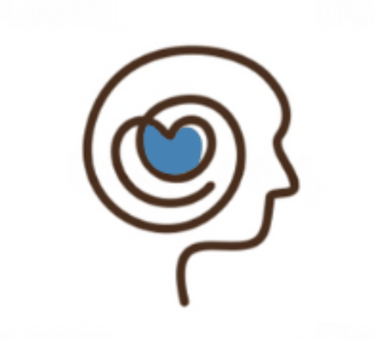Linking Sleep and Mental Health
Sleep is crucial for mental health, influencing emotions, memory, and cognitive function. Learn tips to improve sleep and enhance well-being


Sleep is not just a break from daily activities; it's a cornerstone of mental well-being. It is closely connected to mental and emotional health and has demonstrated links to depression, anxiety, bipolar disorder, and other conditions. Understanding the critical role of sleep in mental health and adopting strategies to improve sleep quality can lead to a happier, healthier life. Dive into the science of sleep and learn practical tips to ensure you're getting the rest you need to thrive.
Sleep is essential for processing daily events and regulating emotions and behaviors. It helps maintain cognitive skills such as attention, learning, and memory. Poor sleep can make it difficult to cope with stress and can affect our perception of the world. Sufficient sleep, especially rapid eye movement (REM) sleep, facilitates the brain’s processing of emotional information. During sleep, the brain evaluates and remembers thoughts and memories. A lack of sleep is particularly harmful to the consolidation of positive emotional content, influencing mood and emotional reactivity. This is tied to mental health disorders and their severity, including the risk of suicidal thoughts or behaviors.
In addition to processing emotions, sleep is crucial for the brain's overall health and function. During deep sleep stages, the brain undergoes essential maintenance processes, such as clearing out toxins that accumulate during waking hours. These processes are vital for preventing cognitive decline and maintaining long-term mental health. Chronic sleep deprivation has been linked to an increased risk of developing neurodegenerative diseases, such as Alzheimer's.
Moreover, the relationship between sleep and mental health is like a cycle. While poor sleep can contribute to the development of mental health issues, existing mental health disorders can also disrupt sleep patterns. Conditions like anxiety and depression often involve insomnia or fragmented sleep, creating a vicious cycle that can be challenging to break. This interplay highlights the importance of addressing sleep issues as part of a comprehensive approach to mental health care.
Consider adopting good sleep hygiene practices to improve sleep quality and support mental health. This includes maintaining a consistent sleep schedule, creating a restful sleep environment, and limiting exposure to screens before bedtime. Additionally, incorporating relaxation techniques such as mindfulness meditation or progressive muscle relaxation can help reduce stress and promote better sleep. By prioritizing sleep and making necessary adjustments, you can significantly enhance your mental and emotional well-being.
If you’re a more facts person, here are some eye-opening statistics from the National Sleep Foundation’s 2022 survey on behaviors associated with poor sleep:
Light Exposure: Nearly half (49%) of Americans are not getting enough bright light exposure in the morning, which is crucial for regulating circadian rhythms. More exposure to daylight during the day enhances alertness.
Physical Activity: Over a third (36%) of Americans fall short of the recommended 150 minutes of physical activity per week. Regular exercise not only helps people fall asleep more quickly but also improves sleep quality throughout the night.
Meal Timing: Consistency in meal times is lacking for 40% of Americans. Irregular eating patterns can negatively impact both the quality and quantity of sleep.
Screen Time: A significant 58% of Americans use phones, computers, or TVs shortly before bedtime. The light from these screens disrupts circadian rhythms, affecting sleep quality.
By understanding these connections and making small changes in your daily routine, you can significantly improve your sleep quality and, in turn, your mental health. Prioritize good sleep hygiene and see the difference it can make in your life!
- Nysha
Sources:
https://www.ncbi.nlm.nih.gov/pmc/articles/PMC8651630/
https://www.sleepfoundation.org/mental-health
https://www.columbiapsychiatry.org/news/how-sleep-deprivation-affects-your-mental-health
